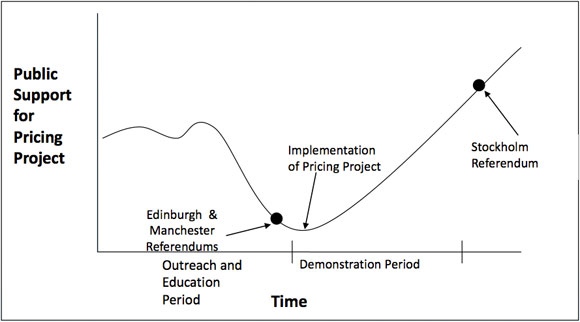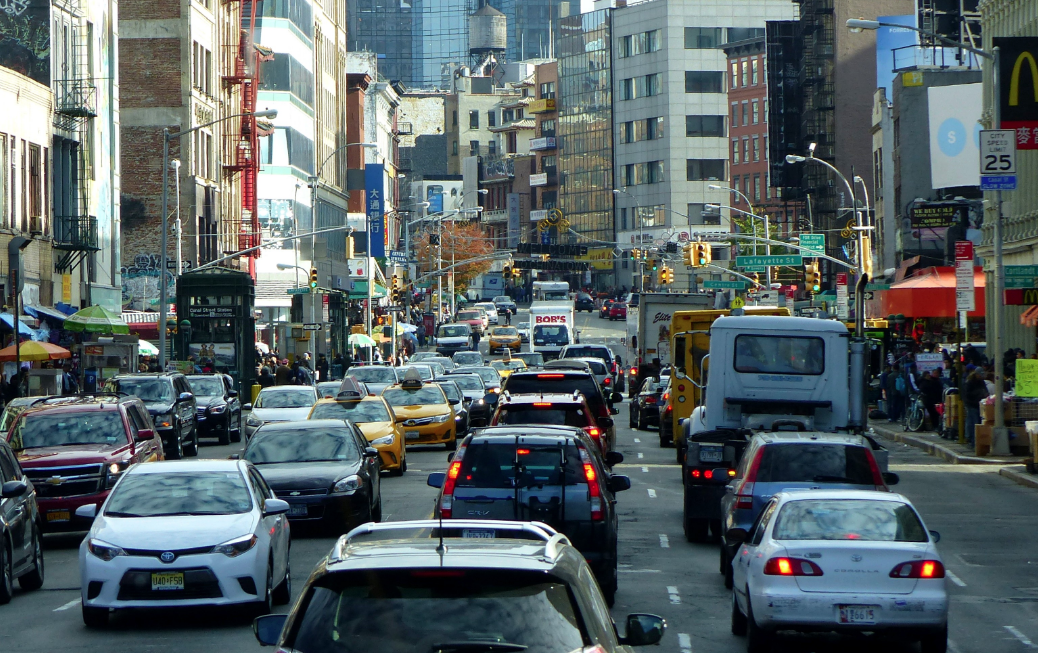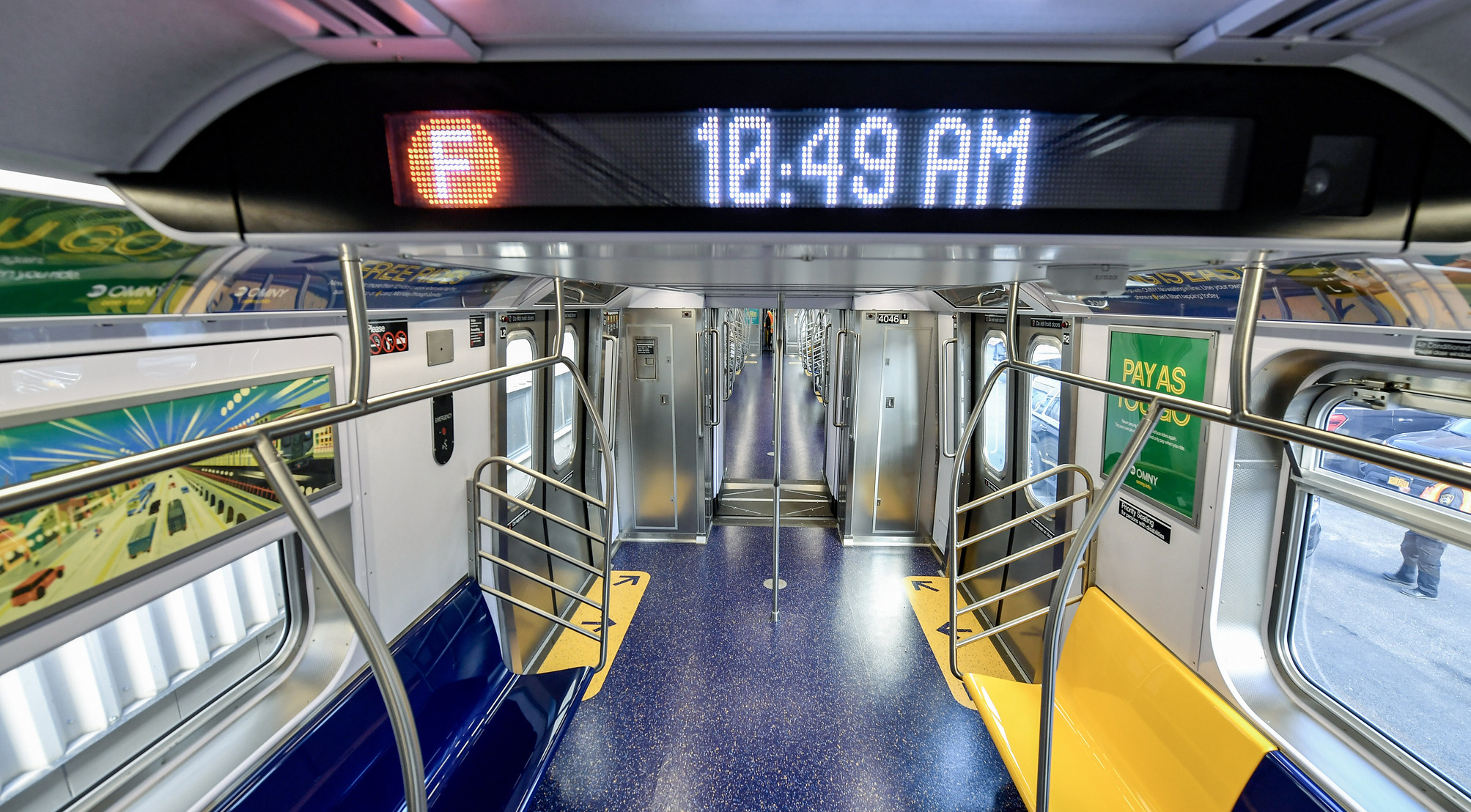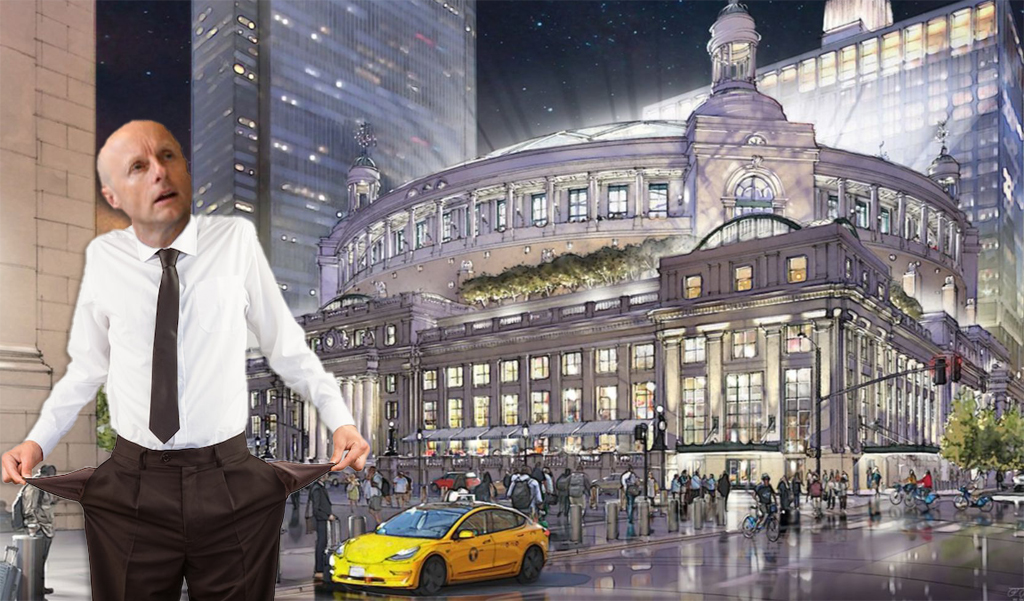A new Quinnipiac poll is making the rounds and one of the topline numbers is that more New Yorkers oppose congestion pricing than approve of it, 52 to 42 percent. With budget negotiations culminating in Albany, it's getting headlines.
But this week's Q poll is basically showing what every congestion pricing poll in New York always finds: About 40 percent of city voters say they support congestion pricing. (At 42 percent, the most recent poll puts approval a couple of points higher than the 40 percent in October's poll, but the difference is well within the margin of error.)
You could keep on polling New Yorkers forever, and this number won't change much. Unless legislators go ahead and implement congestion pricing -- then it's a good bet support will rise.
That's what happened in Stockholm and London, where the experience of congestion pricing flipped public opinion from majority disapproval to majority approval. As in New York, about 40 percent of Stockholm residents approved of congestion pricing before it was implemented. Fast forward a few years after implementation, and approval stood at 70 percent. There's been no turning back.
"The closer you get to implementation, the more the drawbacks stand out,” Stockholm transportation director Jonas Eliasson said at a TransitCenter event in November. "If you survive this valley of political death, and people actually see the benefits, and also realize that, in addition to the benefits, it’s actually not as bad as you thought -- it’s not so hard adapting to this -- then support starts going up again."

What has changed over time in the Quinnipiac poll is New Yorkers' opinion of traffic congestion and subway service.
Today, 55 percent of New York City voters now see traffic congestion as a "very serious" problem, a significant increase from the 48 percent in 2015.
The real stark change is apparent in New Yorkers' opinion of MTA subway service. In 2009, 52 percent of Q poll respondents rated subway service as "good" or "excellent." Today, only 26 percent do. Only 40 percent rated subway service "poor" or "not so good" in 2009. Today, 70 percent do -- a six-point jump since October.
More people hold the governor responsible for the subways than the mayor, and they're right. This is Cuomo's problem to solve. What's he going to do about it?






